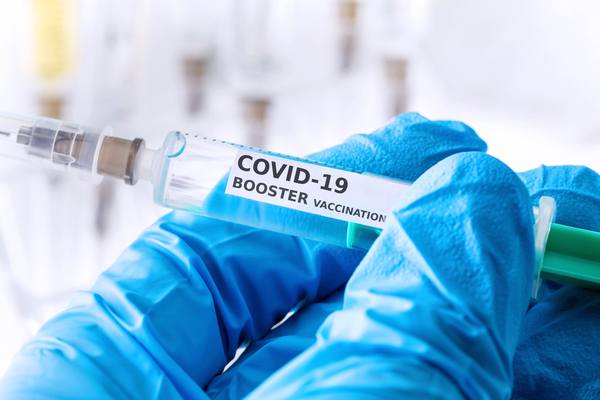Amid persistent concerns that the protection offered by COVID-19 vaccines may be waning, a report released Friday by the Centers for Disease Control and Prevention finds that America’s workhorse shot is significantly less effective at preventing severe cases of disease over the long term than many experts had realized.
Data collected from 18 states between March and August suggest the Pfizer-BioNTech vaccine reduces the risk of being hospitalized with COVID-19 by 91% in the first four months after receiving the second dose. Beyond 120 days, however, that vaccine efficacy drops to 77%. Meanwhile, Moderna’s vaccine was 93% effective at reducing the short-term risk of COVID-19 hospitalization and remained 92% effective after 120 days. Overall, 54% of fully vaccinated Americans have been immunized with the Pfizer shot.
Researchers from around the country found striking differences between two mRNA vaccines long thought to be interchangeable. Both the Pfizer and Moderna vaccines are based on mRNA technology, which delivers temporary instructions to the body’s muscle cells that help it learn to recognize the spike protein, a key part of the coronavirus’ structure. But “they’re actually not necessarily interchangeable,” said Dr. Timothy Brewer, a professor of medicine and epidemiology at UCLA.
Each vaccine is formulated and administered differently, Brewer said, and those differences could affect the strength and duration of the two vaccines’ protection. Moderna’s shot contains 100 micrograms of vaccine, more than three times the 30 micrograms in the Pfizer shot. And Pfizer’s two doses are given three weeks apart, while Moderna’s two-shot regimen is administered with a four-week gap.
Brewer also pointed to evidence that the Moderna vaccine seemed to elicit higher levels of a key antibody than the Pfizer vaccine. “We know from other studies the neutralizing antibody levels will decay over time, so starting at a higher level will mean that you have farther to go before you decay to a point where efficacy drops off,” he said.
Dr. Robert Murphy, who directs Northwestern University’s Institute for Global Health, said the Pfizer vaccine’s reduced protection against severe disease may bolster the case for boosters for all who got the vaccine, not just the specific groups identified by the FDA advisory panel. “Based on the data I have seen, persons who received the Pfizer vaccine would benefit from a booster dose at this time,” he said. “I don’t see why we have to wait until the younger people get sick and become hospitalized.”
—
Photo Credit: Tobias Arhelger / Shutterstock.com
